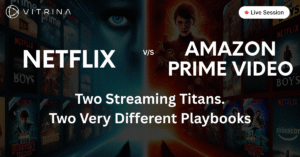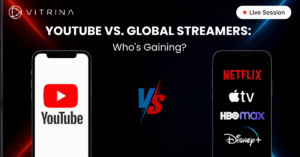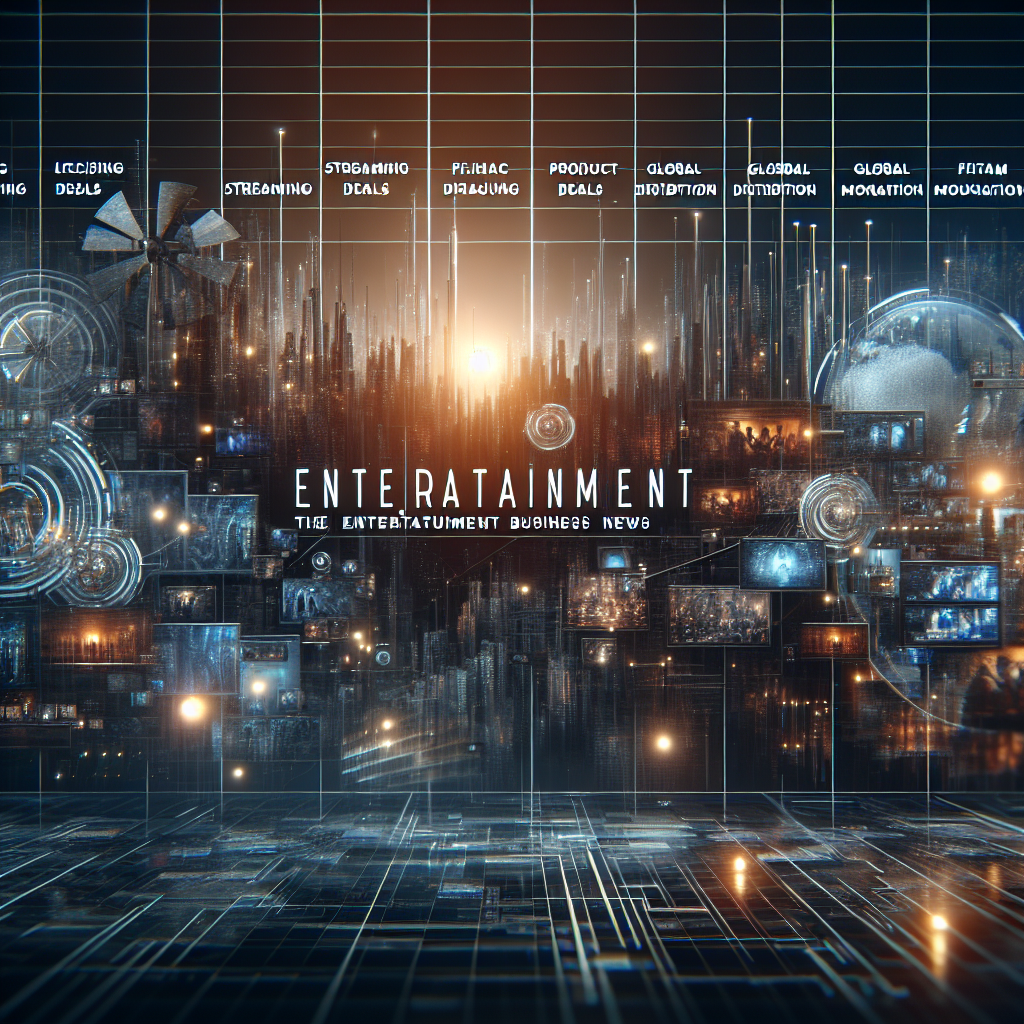The Edinburgh TV Festival recently delved into the evolving landscape of media, addressing the impacts of AI, TikTok, and YouTube. With engaging discussions and notable speakers, the festival highlighted the importance of strategic partnerships and authenticity in the future of television.
By Michael Burns – The Edinburgh TV Festival recently tackled pressing challenges in the media landscape, including the influence of AI, the rise of TikTok, and the impact of YouTube. This annual event serves as a vital gathering for the global TV production community, primarily attracting professionals from British television to forge deals and explore new formats.
This year’s festival highlighted current industry interests, with delegates particularly drawn to the session titled “YouTube: The Future or the End of TV As We Know It?.” This panel attracted a large audience, outshining other discussions, such as a retrospective on Big Brother and a script read-through of EastEnders.
During the YouTube discussion, Sacha Khari from Channel 4 likened the platform’s algorithm to a mirror rather than a gatekeeper. He emphasized that understanding the platform’s rules is crucial for success, citing Channel 4‘s unexpected triumph with long-form episodes on YouTube, despite doubts about viewer preferences for shorter content.
The panel also explored the rise of independent creators as mini-studios. Rebecca Dowell from Three Six Zero discussed how these new talents are forming their own production teams and crafting diverse content. However, filmmaker Oobah Butler cautioned that the financial risks are higher compared to traditional ad-funded television, warning that significant investments in YouTube content can lead to losses. Still, he acknowledged the potential cultural rewards that can translate into opportunities across linear and streaming platforms.
While the future of creator-broadcaster relationships remains uncertain, Khari argued for the necessity of strategic partnerships for sustained success. He noted that while breaking away from conventional platforms can offer creative freedom, the financial stakes are considerable. The consensus was clear: integration between broadcasters and creators is essential for developing innovative formats and fostering engaged communities.
Another significant session focused on TikTok‘s growing role as a fan engagement tool. According to Stephen Naughton from TikTok, a major analysis revealed that advertising on the platform boosts viewership for shows by 44%, with that figure soaring to 70% for popular brands like Love Island: All Stars. The panel emphasized the importance of transforming passive viewers into active participants in fandom.
Jasmine Dawson from BBC Studios explained that audience engagement should be seen as a starting point, not an endpoint. This perspective has turned casual viewers into loyal fans who contribute to cultural conversations and commercial successes. Additionally, Sean Clarke, Managing Director of Aardman Animation, shared how the beloved character of Creature Comforts regained relevance after trending on TikTok.
Panelists stressed that authenticity is key; a less scripted approach tends to resonate more with audiences. Creators should have the freedom to reinterpret intellectual property in their unique style, as savvy audiences can easily spot contrived formats. TikTok has also become a “creative lab” for showrunners, allowing them to test ideas and gather audience feedback, which is reshaping commissioning strategies at major networks.
Another discussion highlighted the adaptation of TV intellectual property into video game platforms, showcasing collaborations with sites like Roblox. Notably, panel moderator Elle Osili Wood mentioned that Disney recently invested $1.5 billion in Epic Games, the creators of Fortnite, to develop expansive universes around established IP. Wood emphasized the need for innovative storytelling formats that resonate with gaming audiences, referring to this approach as “performance storytelling.”
She pointed out that many young people now prefer gaming as their primary means of social interaction. Sarah Richards, Creative and Art Director at Karta, highlighted a generational shift where young creators aspire to produce rather than merely consume content, using Minecraft as an example of this trend. She noted the potential for monetization through community engagement, such as virtual merchandise.
Tom O’Brien, Managing Director of Naked TV, recounted a misstep in trying to adapt a cooking show into a restaurant simulator that failed due to mismatched community interests. This sentiment was echoed by Mariel Capisciolto, Head of Digital Development at the BBC, who emphasized that superficial adaptations don’t succeed. Instead, IP must align closely with its intended audience and context.
As the festival progressed, themes of maintaining fandom between seasons emerged. O’Brien pointed out the persistent engagement that games provide, contrasting this with traditional programming gaps. He stressed the necessity for creators to relinquish some control, allowing audiences to engage with content in their own ways, which may lead to unforeseen narratives.
This year’s festival celebrated its 50th anniversary with notable discussions featuring dealmakers and celebrities, including an audience with Welsh actor Michael Sheen and interviews with Tina Fey led by Graham Norton.
Ending on a reflective note, Charlie Brooker, creator of Black Mirror, critiqued the intersection of technology and storytelling, sharing his journey through various mediums. He expressed skepticism about AI’s ability to replicate the spontaneity and richness that human creativity brings to TV production. Amid concerns about overreliance on automated systems, Brooker emphasized the need for a human touch in storytelling to keep audiences genuinely engaged.
































